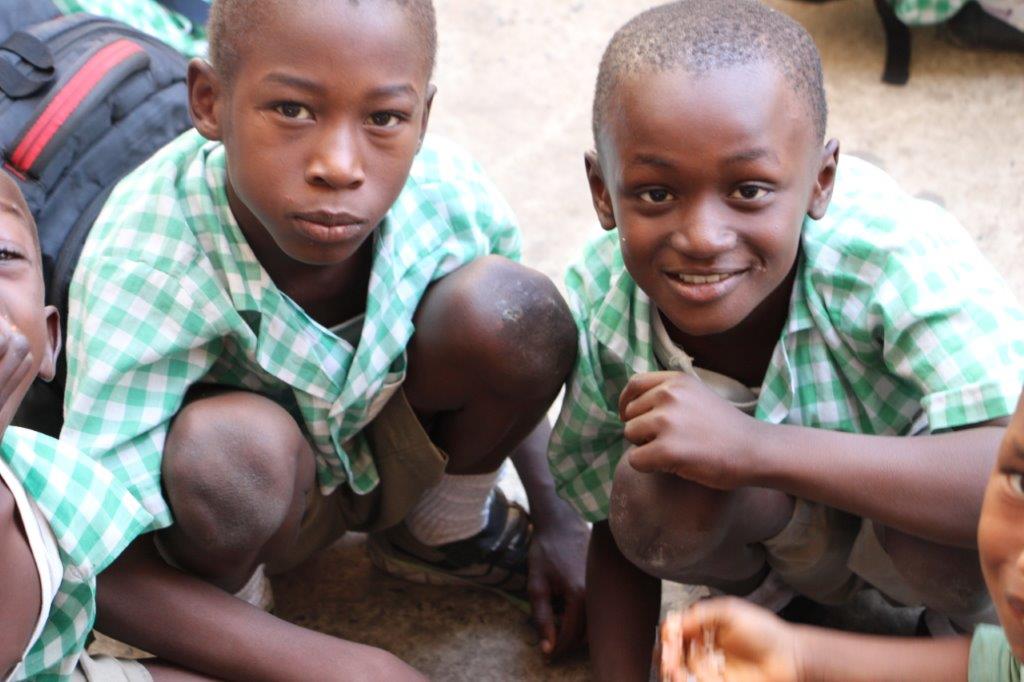
The support of the WFP Centre of Excellence to The Gambia, over the past few years, has involved both issues related to school feeding and social protection, as well as the development of projects to access international funds. In 2014, a delegation from The Gambia came to Brazil to learn about the Zero Hunger Strategy, with an emphasis on the National School Feeding Programme and its links with family farming. The study visit inspired the Government of The Gambia to draw up a National Action Plan for School Feeding. In the same year, the government and the WFP country office, with the participation of the Centre of Excellence, started a process of debates on social protection strategies in the country. The first meeting validated the National Action Plan for School Feeding, prepared with the support of the Centre of Excellence in Brazil.
The WFP has worked over the years with the Government of The Gambia to provide school meals for children aged six to 12. In 2016, the programme served students in the most vulnerable communities, where rates of food insecurity, malnutrition and poverty were high. School feeding was considered essential for expanding educational opportunities and preventing malnutrition in the country. At that time, more than 100,000 children received daily meals and the school feeding programme was widely recognized as one of the main social protection networks in the country and, in that year, it became part of the national education policy and the social protection policy.
In 2019, the Centre of Excellence, the WFP and the Government of The Gambia began supporting the Multistakeholder Working Group on School Feeding Linked to Local Agriculture, which seeks to broaden the connection between the agriculture sector and existing school feeding models in the country. The Centre of Excellence in Brazil and the WFP prepared several resource mobilization projects for international funds that would be able to finance capacity building and develop family farming through South-South Cooperation with a gender-sensitive approach. In 2020, following the positive response from the Technical Advisory Committee and Coordinating Unit of the Global Agriculture and Food Security Program (GAFSP), which approved the US$16 million project proposal, the Centre of Excellence, the WFP and the African Development Bank, in addition to designated supervisors, continued with a detailed plan for project evaluation and implementation done remotely.
Find out more in the book “A Decade of Cooperation: 10 years of the WFP Centre of Excellence against Hunger Brazil”.
To download the publication “Supporting the Development and Implementation of Resource Mobilization Initiatives: The Gambia”, click here.




